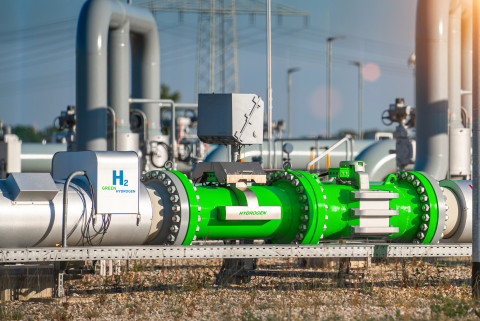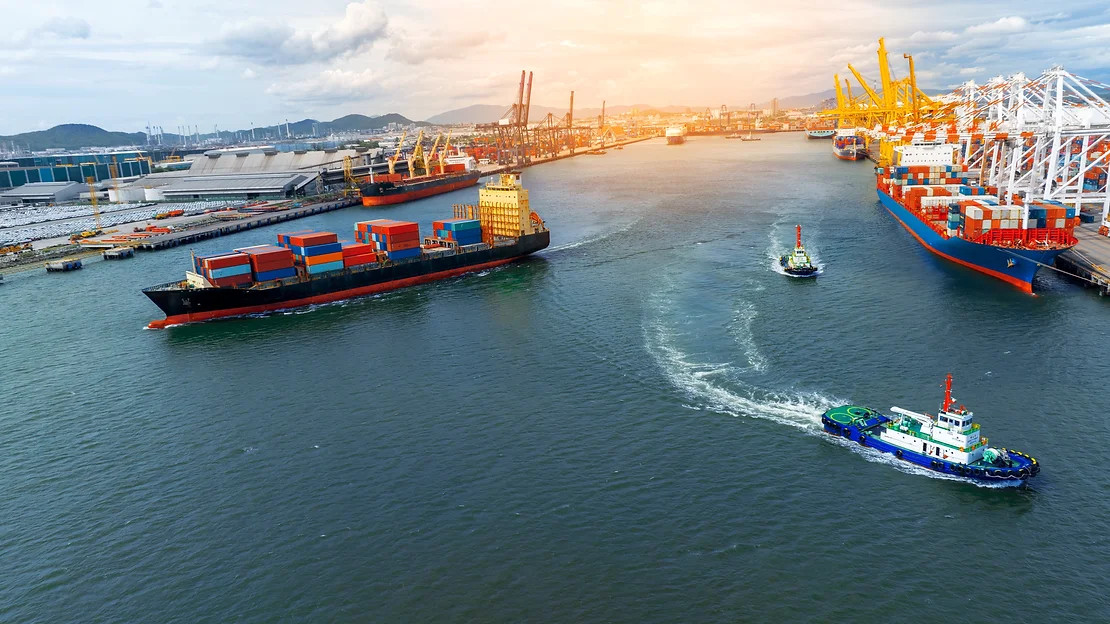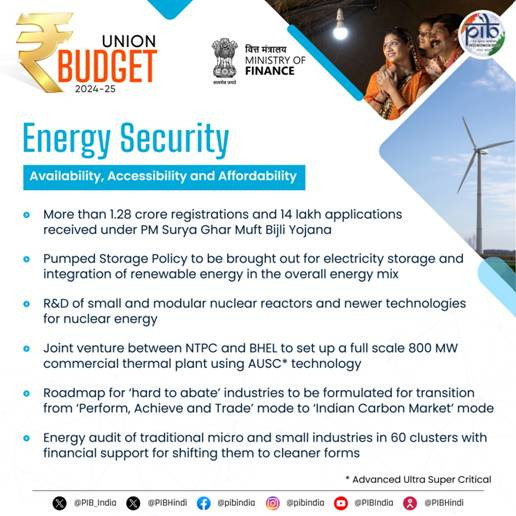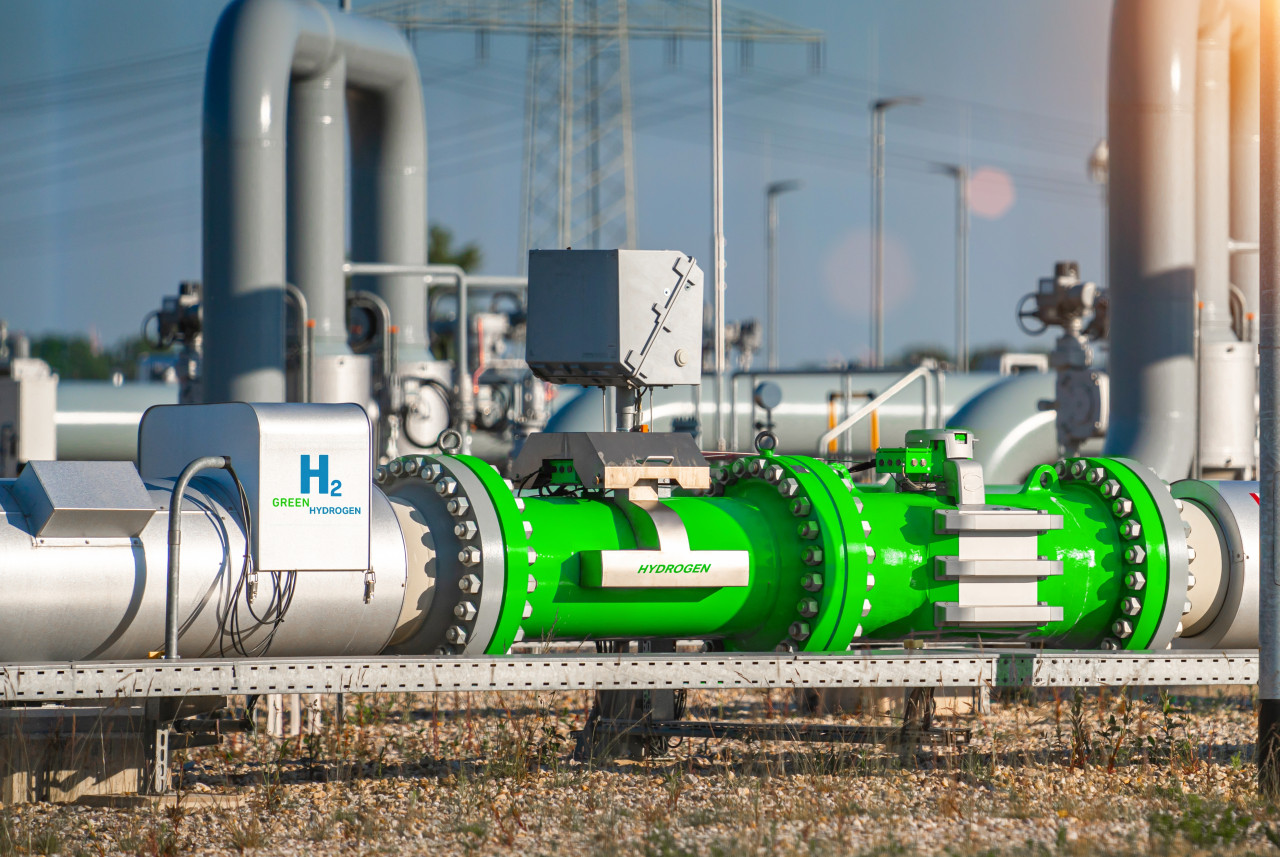Singapore's Sydrogen launches scalable, 250 KW hydrogen fuel cell for ships
Sydrogen Energy, a Singapore-based fuel cell components and systems company, has announced its entry into the maritime market with the launch of a 250 KW fuel cell power module.
The module, developed in Singapore through an exclusive collaboration with Shanghai Hydrogen Propulsion Technology Co Ltd, converts hydrogen from various sources to produce clean electricity without carbon emissions.
Sydrogen's module incorporates advanced cooling systems, and is scalable from KW power to MW power, making it suitable for small as well as large vessels, the company said in its release. It is also capable of accepting reformed fuels, the company said, adding that it contained Sydrogen's "proprietary metal bipolar plate technology, SydroDIAMOND, which offers durable, high-performing components for the fuel cell stack".
"The technology is expected to significantly enhance the longevity and efficiency of maritime fuel cell systems," the company statement said.
Sydrogen said the system will undergo rigorous certification to ensure compliance with maritime standards, and is expected to be ready for the market next year.
The fuel cell product expands Sydrogen's offering in the fuel cell space and takes the company from a pure component supplier to a provider of a completed products ready for use in their application industry.
Gian Yi-Hsen, CEO of Sydrogen, said in a statement: "The vision of Sydrogen is to accelerate the energy transition process by provision of various offerings leveraging our deep tech expertise in different stages of the hydrogen value chain thereby realising our hydrogen future, today. This will be the first of several products that will bring Sydrogen into different new segments and markets."
Singapore, a global shipping hub, has set ambitious goals to decarbonize its maritime sector. The island nation aims to become net zero by 2050 and to have a fully-electric fleet of new harbour craft operating at the Port of Singapore from 2030, or be capable of using B100 biofuel or be compatible with net-zero fuels.























